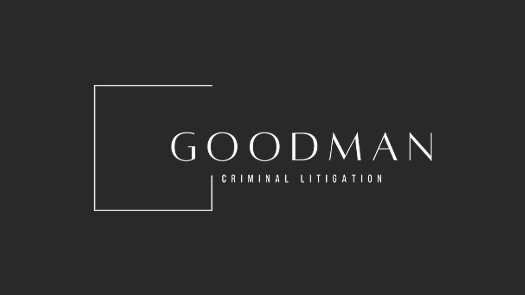When evidence is suppressed, that means it is excluded from the case. In other words, the prosecutor cannot use it against the defendant to attempt to prove guilt beyond a reasonable doubt.
For evidence to be suppressed, a formal request must first be submitted to the court. This is called a motion to suppress. The judge will review the motion and decide whether or not to grant it.
If the request is granted, the evidence is deemed inadmissible and not allowed in court. If it’s denied, the prosecutor can keep that evidence as part of their case. Having a request to exclude evidence granted can have profound effects on the outcome of the case.
Typically, the defendant or their attorney files a motion to suppress pre-trial, meaning before the case is presented in front of a judge or jury. Their request for having evidence excluded must be based on legal grounds and not merely because they do not like that piece of evidence.
Let’s explore further what it means when evidence is suppressed.
What Are Grounds for Excluding Evidence?
When a defendant files a motion to suppress, they must include specific legal reasons about why the judge should grant the request. These reasons can be based on violations of constitutional rights, laws, and rules.
Two of the more common grounds for seeking to have evidence excluded include violations of Fourth or Fifth Amendment rights:
- Fourth Amendment violations: The Fourth Amendment to the U.S. Constitution provides every person is protected in their home or person. They cannot be subject to an unreasonable search or seizure.
Law enforcement officers cannot look through someone’s personal property without a justifiable reason for doing so. For the most part, officers need a warrant to conduct a search. However, exceptions exist, and in some cases, a warrantless search can be conducted.
If officers don’t have a valid warrant (and no exception exists) and they search a person or their property, they have violated that individual’s constitutional rights. Additionally, even if they have a valid warrant, if they overstep the bounds of that document (for instance, searching property not named in it), they again have violated the person’s rights.
Similar to law enforcement officials needing justifiable reasons to conduct a search, they also need such to arrest a person. If an officer did not have a valid warrant or probable cause, they cannot take them into custody.
In such cases, the defendant can file a motion to suppress the evidence obtained on the grounds that they were subject to an unlawful search or seizure.
- Fifth Amendment violations: The Fifth Amendment to the U.S. Constitution concerns self-incriminating statements. No person shall be required to provide statements or testimony against themselves in a criminal case.
To ensure that people are aware of their Fifth Amendment rights, law enforcement officials must read the Miranda warning to a person they have lawfully arrested and are going to question. The Miranda warning informs the individual that they can remain silent and do not have to provide statements during the interrogation.
An officer’s failure to Mirandize a suspect can be grounds to suppress evidence.


